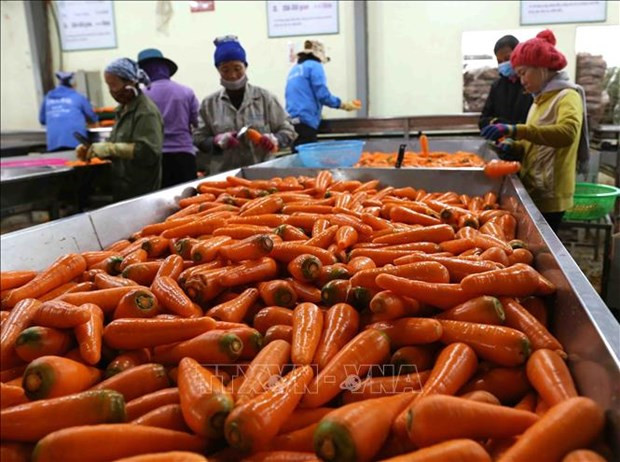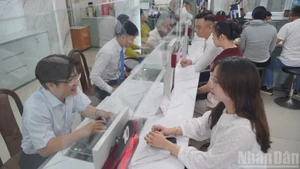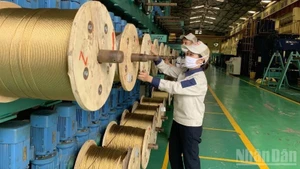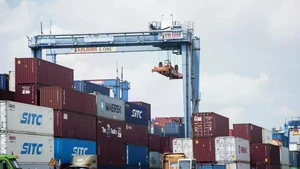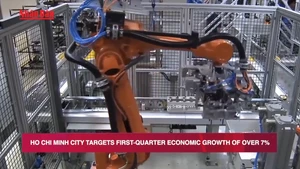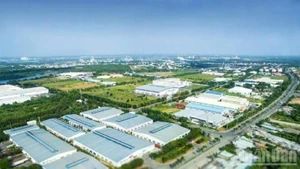The nationwide vegetable production is estimated at 23-24 million tonnes, with around 1-1.3 million tonnes designated for processing.
Under the project, safe and concentrated vegetable growing areas with clear origin will be developed in order to meet domestic and export demand, contributing to national food security, food safety and hygiene, and improving community health.
By 2030, the national vegetable cultivation is projected to cover an area of some 1.2-1.3 million hectares. The area dedicated to safe and concentrated vegetable production will be around 360,000-400,000 ha, roughly 50,000-60,000 of which will be for processed vegetables, including various types of tomato, cucumber, chilli, potatoe, and leafy greens.
Provinces and centrally-run cities must draw investments in agriculture and rural areas and step up the formation of integrated production chains for vegetables, starting from cultivation zones to processing and consumption.
Regarding the domestic market, the focus is on continuing to assist enterprises, cooperatives and households in building brands for safe vegetables. This involves linking these brands with cultivation zone codes and geographical indications. Distribution channels for safe vegetables will be diversified with the establishment of trading platforms, supply-demand connectivity, exhibitions, and trade promotion activities.
For exports, the strategy involves maintaining existing traditional markets for while actively expanding into new ones. Proactive negotiation to eliminate trade barriers is crucial, thus making it easier for Vietnamese vegetable products to be widely consumed in the global market.
